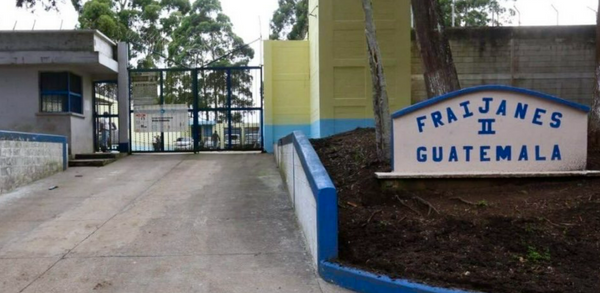Diamondback Energy has enjoyed a solid run since a mid-February breakout past an early entry at 161.62. Today's column surveys a short iron condor spread trade in FANG stock.
In another post-earnings play, we can see that price action shows evidence of analysts' disappointment over production numbers, even as the Midland, Texas, company beat top and bottom line expectations.
This, in fact, has developed into a bit of a pattern in this earnings reporting season.
Punished stocks have risen on mediocre to poor earnings releases. Consider Tesla, which has risen sharply in recent days. Meanwhile, highfliers with good earnings have ironically sold off, as Microsoft has demonstrated recently.
As with my suspicion on Netflix some weeks past, I hold fast that the same might be in store for Diamondback Energy in the upcoming summer months.
The power of FANG stock, however, lies in its ability to hold a floor in price. Some observers note that during the summer travel season, the increase in fuel usage supports the price action across the oil and gas sector. Plus, industry group leadership for FANG stock is solid. As it has reaffirmed full guidance, my choice stays with the tried-and-true short iron condor.
FANG Stock Today: Setting Up The Trade
The short iron condor spread is a neutral position that estimates prices will move within a range, which allows us to capture time as a premium as a chart consolidates. It is important that you set alerts for the short option strikes to tell you when the iron condor is in danger.
Consider setting up the short iron condor spread for FANG stock as follows:
- Sell to open 1 June 21-expiring FANG call with a 205 strike price
- Buy to open 1 FANG June 21 210 call
- Sell to open 1 FANG June 21 185 put
- Buy to open 1 FANG June 21 180 put
Total credit comes out to $2.20 per set of contracts, based on recent trading. We determine the break-even cost in FANG stock near 207.20 on the call side and 182.80 on the put side.
Remember to set a price alert for the short strikes to help you manage the risk.
One could also move this spread to July for more premium, but I would suggest that since we have known unknowns floating around, shorter duration might be better advised.
The ideal strategy result gives us three choices to exit the trade. First, sell the spread once it carries an acceptable profit, around 50% for me. Second, sell the spread once it hits your loss threshold as determined by personal risk. Third, exit the trade during the week before expiration, if all is going well. Personally, I have had many a trade go sideways, thus taking the decision down to the wire and not capturing gains until then.
This Options Play In Apple Could Earn $365
Defending The Trade
Stock hunting using fundamental and price strength within the IBD methodology is where I firmly plant myself under the backdrop of the current economic environment. I use technical analysis to find ideal buying opportunities in conjunction with the tools for strength seen on IBD.
The goal of taking the short iron condor spread? Benefit from selling options out of the money to capture the cost of time as a revenue generator. The counterpoint: the short spread loses its profit-making ability when the short strikes in FANG stock go into the money.
As with all my positions, risk is bounded, and so is the reward — often a byproduct of option selling.
Options sellers are positioned to win in two ways. One, the stock does nothing. Or two, FANG stock moves within the ranges relative to the strategy. So we use this concept to minimize the risk of market exposure.
Trade Management
Let's identify key chart levels. The monthly resistance zone in FANG stock sits just above, at 205 or so. And price support sits near 185.
These levels give us the short strikes of our iron condor, or where we expect the price of FANG stock to hold for a time.
Be on the lookout for these scenarios:
- FANG stock grinds higher or lower into our risk thresholds and we exit the trade.
- The stock stays in a range and we see the maximum of profit in our position.
- If FANG stock moves in the range with two weeks before expiration, this marks the highest probability sweet spot.
Final Take
As with all trades, consider what you like about holding the position in the first place and consider your risk carefully.
Be patient and allow price action to move around a range of your stops.
Anne-Marie Baiynd is a 20-year veteran trader of stocks, options and futures and is the author of "The Trading Book: A Complete Solution to Mastering Technical Systems and Trading Psychology." She holds no positions in the investments she writes about for IBD. You can find her on Twitter and Stocktwits at @AnneMarieTrades







